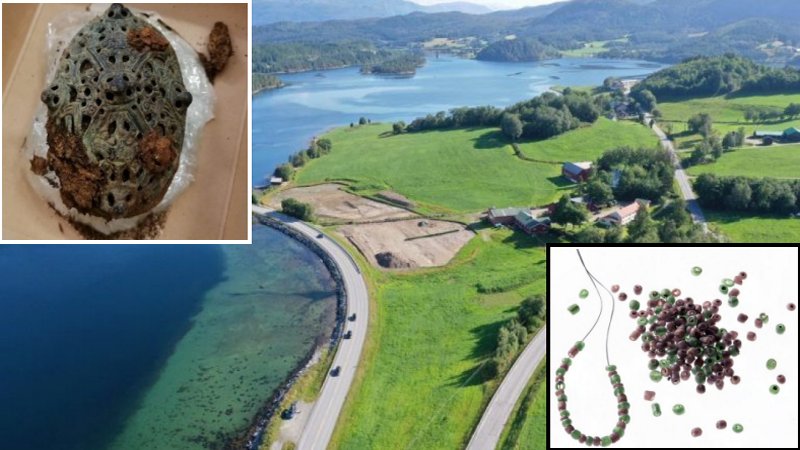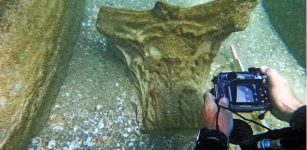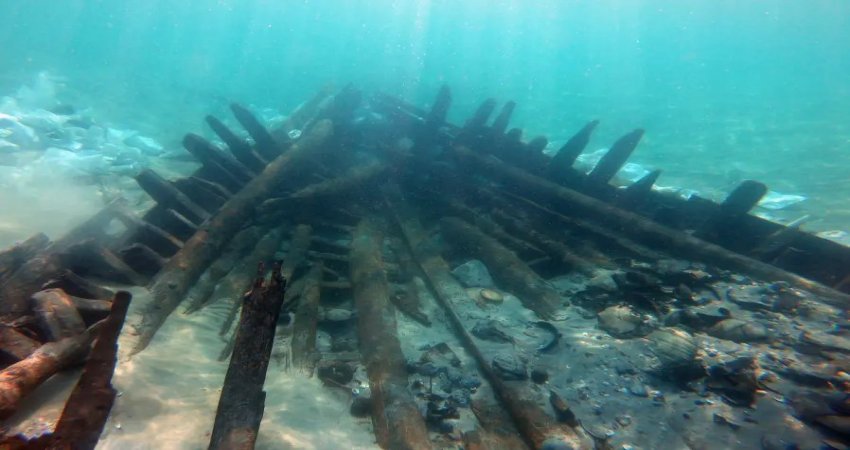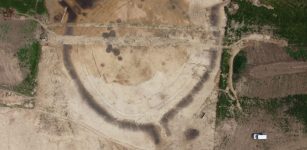Remains Of Anglo-Saxon Settlement And Rare Artifacts Unearthed In Cambridge
MessageToEagle.com – The Ango-Saxon settlement has been unearthed during the excavation of a housing site in Cambridge.
Archaeologists from Oxford Archaeology East found many rare Anglo-Saxon items of precious jewelry such as brooches, multi-colored glass and amber beads, hairpins and rings, once worn and treasured by nobles between 501 and 600 AD.
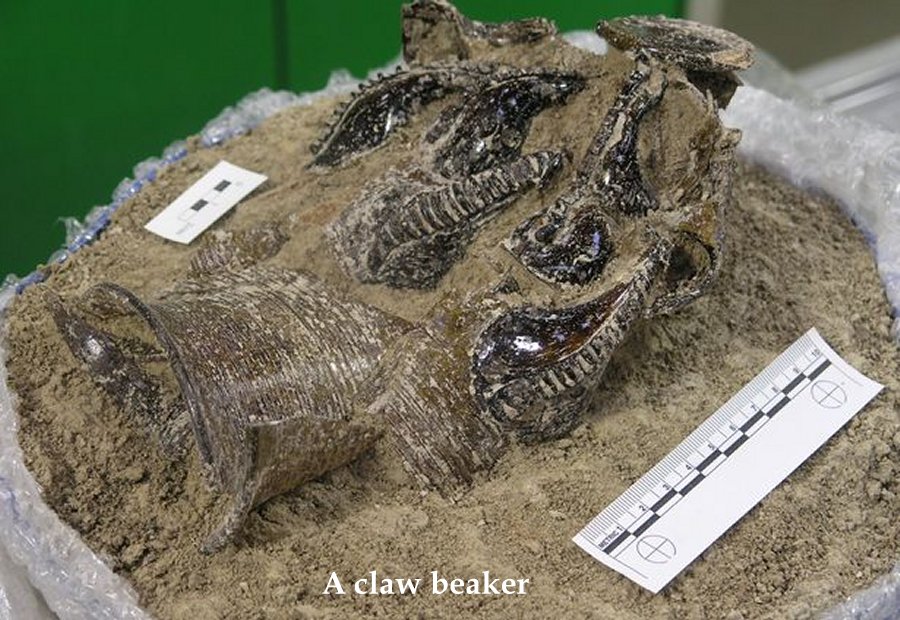
The remains of village building, utilitarian tools and weaponry have also been discovered and these findings will significantly shed light on the lifestyle and clothing of the ancient Anglo-Saxon era, reports Cambridge News.
Among complete pottery vessels that belonged to 60 ancient homes in the settlement, which was mentioned in the Domesday Book, there is a rare glass beaker known as a claw beaker due to the claw-like decorations around the stem.
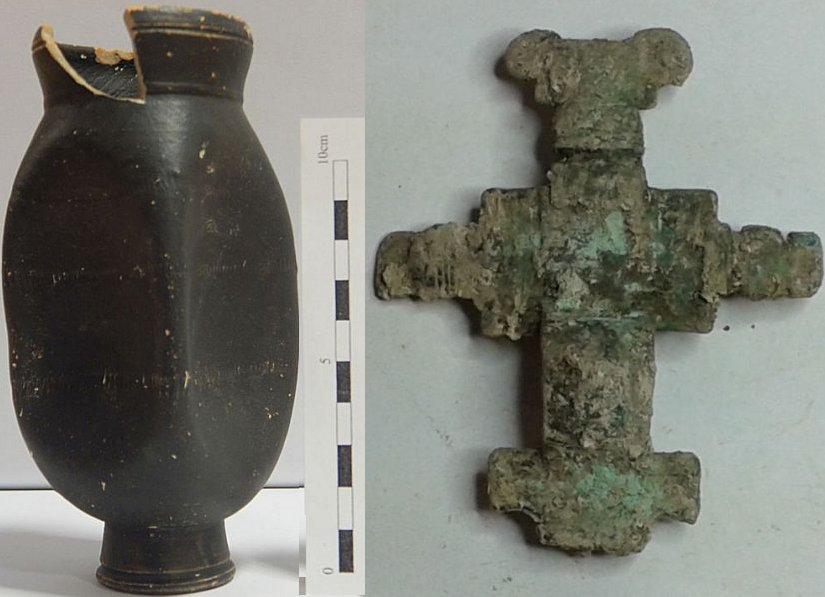
“Evidence of the time period 5th to 7th century AD is almost non-existent so this gives us a highly important window into understanding how people lived in that era, their trade activities and behaviours,” explained Duncan Hawkins, Head of Archaeology and Build Heritage for CgMs.
“Pits dug in this attest to local industrial activity and further processing of soil samples should help us understand what these were used for.”
Archaeologists say that this kind of “claw beakers” is usually excavated in Kent area and outside the British Isles, in northern France, Germany and the Netherlands, which would suggest they were manufactured there.
The team also discovered some Roman era treasures, pre-dating the Anglo-Saxon era, including plates and a complex of Late Iron Age and Roman ditches defining a field system and an early Roman Pottery Kiln.
MessageToEagle.com
Expand for references






